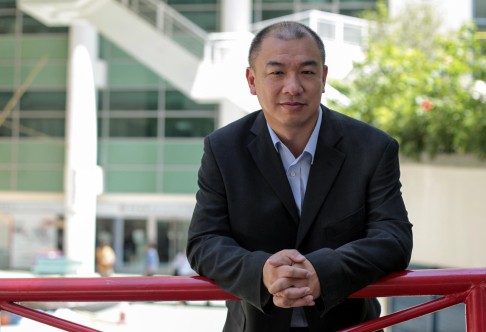Learning from 18 to 80: Hong Kong's adult education boom
From professionals upgrading their skills, to working adults seeking intellectual fulfilment, retirees attending tertiary classes, and home learners studying online and via MOOCs, there's been an explosion in lifelong learning. Policymakers need to take note

When Chow Yat-fat started his first distance learning diploma in computer programming at the Open University of Hong Kong in 1995, he was three years into his career as a Chinese typist in a media company. In 2014 - 19 years later - he graduated with a bachelor's degree and received the institution's prestigious HK$10,000 Alumni Scholarship for his academic achievements.
Throughout his years of part-time study, Chow rose up the ranks in his company, eventually becoming a director in its digital department. Now, he holds a managerial position in an education publishing house founded by his company in 2010.
After dedicating almost two decades of his working life to distance learning - a blended mode of education that Open University provides through online coursework, in-class tutorials and school-based exams for working adults - Chow says he has achieved more than he set out to.
"My reasons were practical when I decided to study while working. I wanted to get the tertiary education I didn't have - and my job demanded it," says Chow. "I think my biggest gains were the recognition and opportunities I was given at work for showing commitment through my studies."

As an employer now, Chow values similar qualities of commitment and goal orientation in others pursuing a similar path. "If someone is willing to go back to school, their positive attitude makes them extra valuable in the workplace - perhaps even more so than people who come with impressive educational backgrounds," says Chow.
